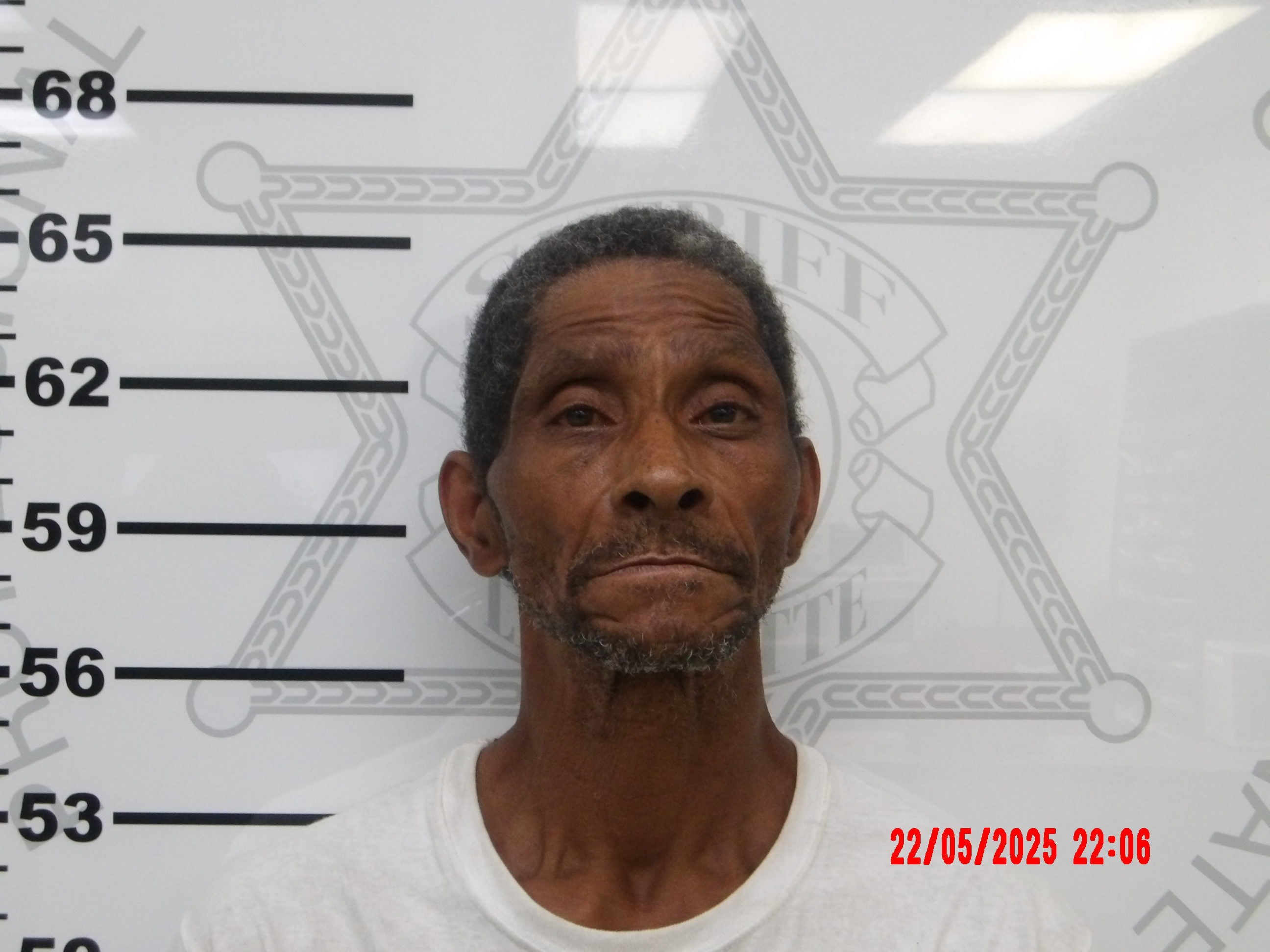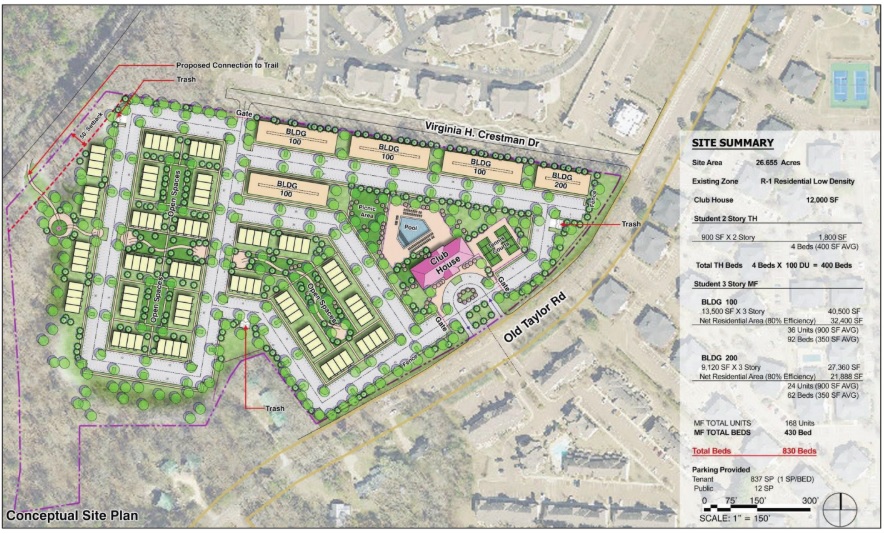Heatwaves linked to surge in violent crime
Published 7:15 am Wednesday, August 23, 2023

- Crimes go up as temperatures do. (JR Korpa/Unsplash)
Sweltering temperatures might be ushering in more than just sunburns and air conditioner sales. According to recent studies, as the mercury rises, so does violent crime. However, property crimes seem to remain unaffected by the heat.
According to the Mississippi Department of Public Safety, the violent crime rate in Mississippi increased by 2.4 percent in 2022 from the previous year. The most common violent crimes in Mississippi are aggravated assault, robbery and murder.
Pioneering research from The Lancet Planetary Health underscores this connection. For every 5°C (9°F) increase in the average daily temperature, there was a 4.5 percent uptick in sex offenses in the following week across several major U.S. cities. On days when the temperature gauge exceeded 85°F (29.4°C), overall crime jumped by 2.2 percent, and violent offenses surged by 5.7 percent.
Further evidence from a study in Sustainable Cities and Society reported similar findings. With each 5°C rise in temperature, Chicago’s homicide rates shot up by 9.5 percent, and New York City wasn’t far behind with an 8.8 percent increase.
But why might this be happening? Researchers posit two dominant theories. One suggests that heat can trigger physiological changes in our brains, making people more irritable and impulsive. The second points to disrupted routines due to high temperatures, leading individuals to remain indoors. This confinement can result in heightened feelings of boredom and tension, potentially escalating to violence.
Interestingly, while violent crimes such as assaults show a distinct temperature-driven trend, property crimes remain unaffected by the heat. This divergence underscores the intricate relationship between human behavior, environmental factors and the types of crimes committed.
Despite the compelling data, experts urge caution in drawing definitive conclusions. While there’s a clear correlation, other factors like socio-economic conditions, local culture and governance dynamics can influence crime rates.
As the global temperature trajectory continues upwards, these findings become increasingly pivotal for city planners, policymakers and law enforcement. The challenge ahead is determining how to mitigate potential spikes in violent crime during intense heatwaves, ensuring the safety of communities across the country.





